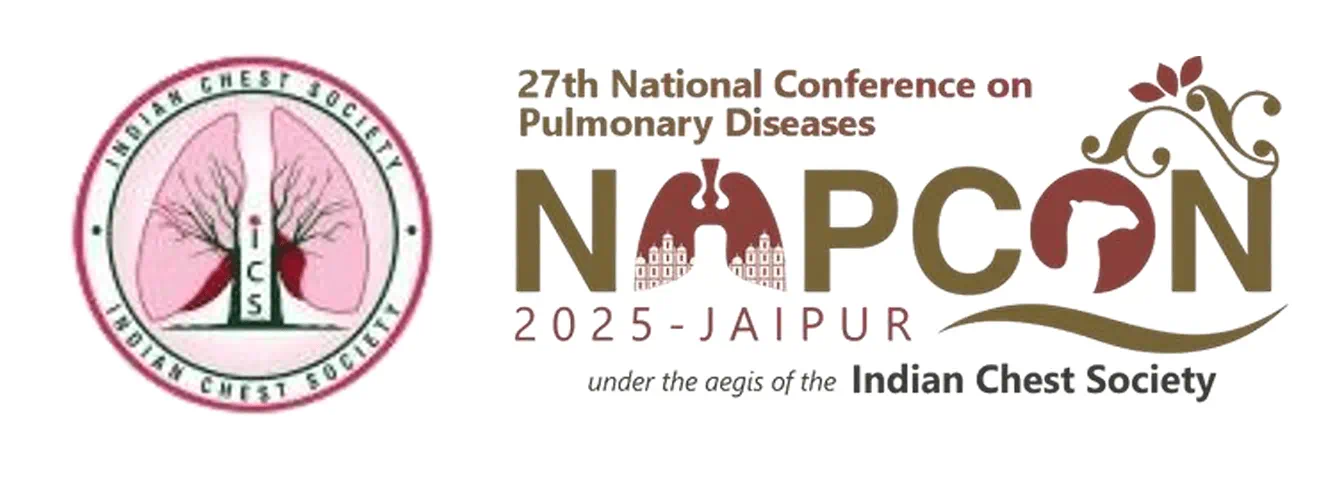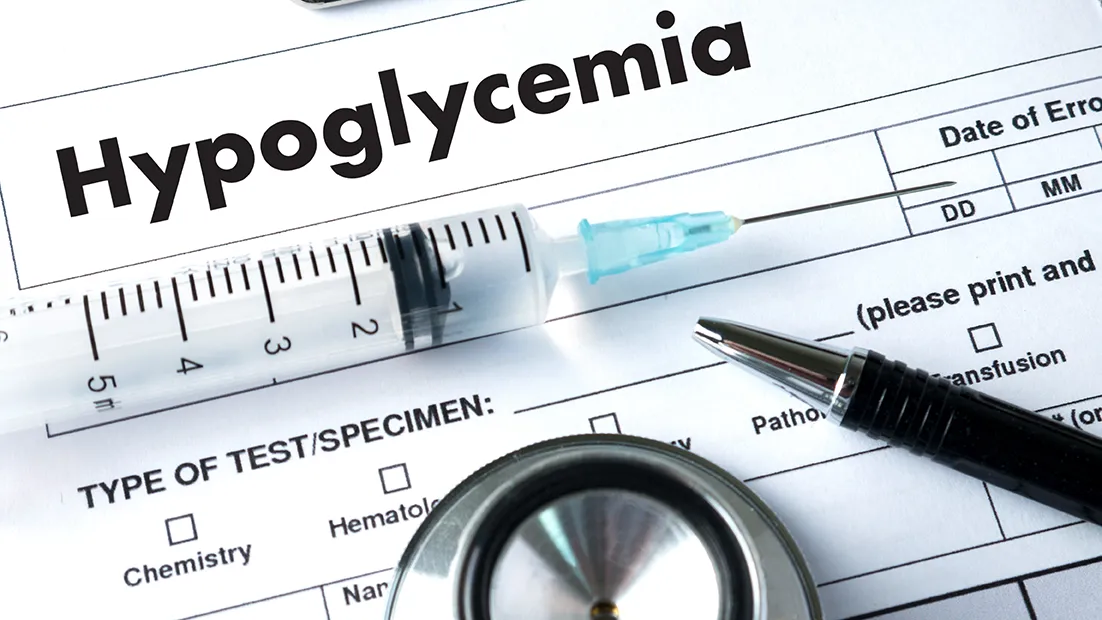Elagolix for Fatigue in Women with Moderate to Severe Endometriosis-Associated Pain: Phase III Trial
Introduction
Endometriosis affects up to 10% of reproductive-age women and is marked by fatigue and chronic pelvic pain, which severely impacts quality of life. Elagolix, an oral GnRH antagonist, has shown promise in reducing both pain and fatigue in affected women.
Aim
To evaluate efficacy of elagolix, an oral GnRH antagonist, in reducing fatigue among women experiencing moderate to severe endometriosis-associated pain
Patient Profile
- N=860 (18–49 years) who had a surgical diagnosis of endometriosis in previous 10 years and moderate to severe endometriosis-associated pain
Methods
- Randomized, double-blind, multicenter, placebo-controlled phase III trial
Chart 1: Randomization Chart
Study endpoints
- Change in fatigue levels from baseline to months 1, 3, and 6, measured using the PROMIS Fatigue Short Form 6a questionnaire T-scores
- Reduction in fatigue among patients with clinically meaningful improvement in dysmenorrhea, nonmenstrual pelvic pain, and dyspareunia
- Comparison of fatigue reduction between elagolix 150 mg QD, elagolix 200 mg BID, and placebo groups
Results
Baseline Fatigue
- 54%–74% of women reported fatigue “quite a bit” or “very much” depending on question
- Fatigue was strongly associated with pain symptoms and reduced quality of life
Fatigue Reduction
- Both elagolix doses showed statistically significant reductions in fatigue vs. placebo
- It reduced fatigue scores in a dose-dependent manner - Higher doses led to greater improvements in fatigue
Chart 2: Fatigue Score Reduction
Table 1: Fatigue Reduction at 6 Months
|
Group |
Fatigue Prevalence at 6 Months |
Change in T-score |
|
Elagolix 150 mg QD |
29%–43% |
−2.21 |
|
Elagolix 200 mg BID |
14%–29% |
−5.90 |
|
Placebo |
35%–50% |
Not significant |
- Patients who responded to pain treatment had greater fatigue improvement than non-responders. Non-responders had minimal or no significant change in fatigue scores.
Table 2: Fatigue Reduction by Pain Response
|
Pain Symptom |
T-score Reduction (Responders) at 6 months P<0.001 |
|
Dysmenorrhea |
−7.31 |
|
Nonmenstrual pelvic pain |
−6.62 |
|
Dyspareunia |
−4.31 |
Long-Term (12 Months) Impact on Fatigue Score Reduction
- Impact was sustained after 12 months of treatment (Mean PROMIS T-scores after 12 months of elagolix treatment were similar to those observed at 6 months)
Conclusion
- Elagolix significantly reduced fatigue in women with moderate to severe endometriosis-associated pain
- The effect was dose-dependent, with greater improvements at 200 mg BID
- Fatigue reduction was strongest in patients who responded to pain treatment
Reference
Fertil Steril. 2019;112:298–304





